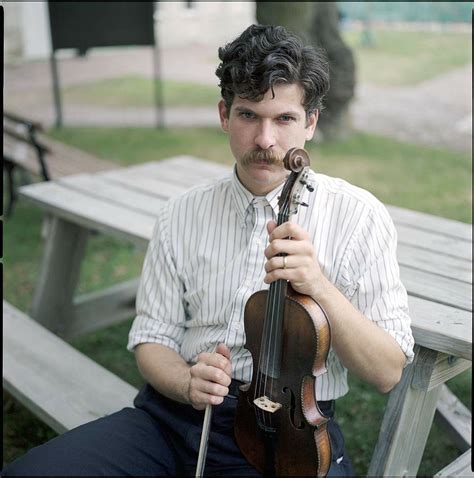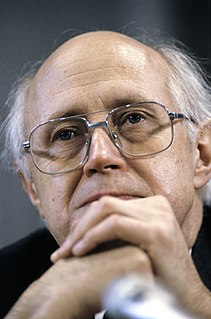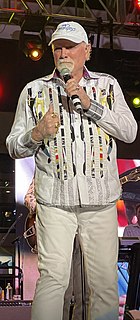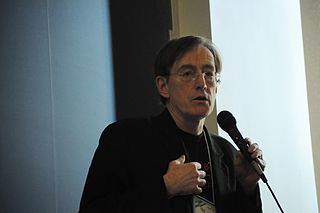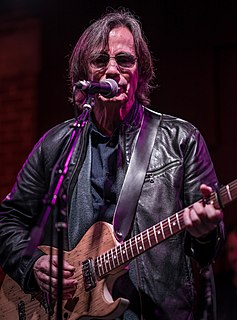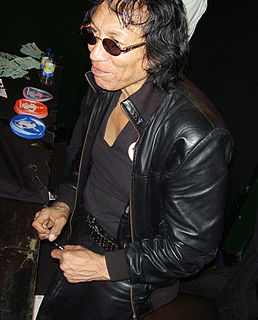A Quote by J. M. Coetzee
Music expresses feeling, that is to say, gives shape and habitation to feeling, not in space but in time. To the extent that music has a history that is more than a history of its formal evolution, our feelings must have a history too. Perhaps certain qualities of feeling that found expression in music can be recorded by being notated on paper, have become so remote that we can no longer inhabit them as feelings, can get a grasp of them only after long training in the history and philosophy of music, the philosophical history of music, the history of music as a history of the feeling soul.
Quote Topics
After
Become
Being
Certain
Evolution
Expresses
Expression
Extent
Feeling
Feelings
Formal
Found
Get
Gives
Grasp
History
History Of Music
Inhabit
Long
Longer
More
Music
Must
Only
Our
Paper
Perhaps
Philosophical
Philosophy
Qualities
Recorded
Remote
Say
Shape
Soul
Space
Than
The History Of
Them
Time
Too
Training
Related Quotes
Even now, all possible feelings do not yet exist, there are still those that lie beyond our capacity and our imagination. From time to time, when a piece of music no one has ever written or a painting no one has ever painted, or something else impossible to predict, fathom or yet describe takes place, a new feeling enters the world. And then, for the millionth time in the history of feeling, the heart surges and absorbs the impact.
When I did the Abyssinian mass, I went through the whole history of the church music and the gospel music, even with the Anglo American hymns, the Afro American hymns, the spirituals and how it developed, up to Thomas Dorsey and the Dixie Hummingbirds, going through the history of the music, jazz musicians.
In order to understand the history of the banjo, and the history of bluegrass music, we need to move beyond the narrative we've inherited, beyond generalizations that bluegrass is mostly derived from a Scotch-Irish tradition with influences from Africa. It is actually a complex Creole music that comes from multiple cultures.
I write my music with the idea that it will appeal to all of those people, and I want them to go in with all the history that's within all of us - all the things that they've listened to in the backs of their minds, whether it's country music or minimal techno, or classical music or whatever. I want them to bring that excitement, that love, or that hate, or whatever it might be, to my music. I feel that my music draws on so many different things.

